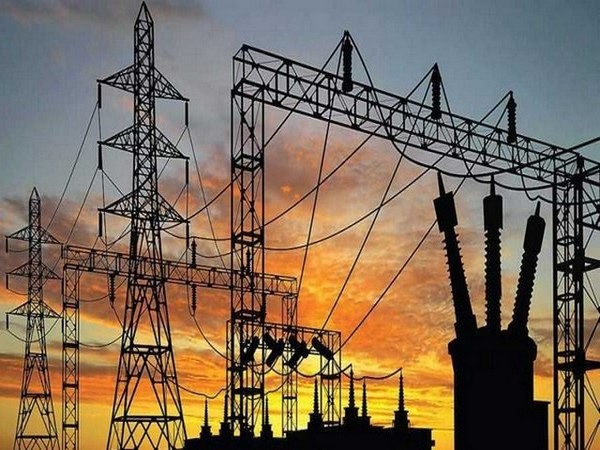Amid the huge gap between the demand and supply of electricity in Pakistan and low foreign reserves, Islamabad, faced with a dire situation has advised its citizens to normalise power consumption, according to a report.
Pakistan’s power demand and supply gap is currently at 6000 to 7000 MW while its foreign reserves have dipped to USD 6.7 billion as of December last year, the Al Arabiya Post reported, adding that the prevailing situation has forced the government to advise its citizens to regulate consumption.
Further, according to the report, foreign investments in Pakistan has reduced to a trickle and remittances are depleting. The ongoing Russia-Ukraine conflict and the ‘catastrophic’ floods that hit the country last year have only worsened the situation, it adds.
The Al Arabiya Post also quoted Pakistan’s Energy Minister Khurram Dastgir Khan as saying that the country needs to normalise its energy consumption as it was in a “grave economic crisis”.
The report further quoted the minister as saying, “We can’t afford the culture of wastage anymore. I also believe that politicians should be the first ones to adopt these changes and become role models for the public.”
According to the report, soon after the minister’s remark, the government announced that markets and restaurants across the country will close by 8 pm while wedding halls will only stay open till 10 pm. The plan is said to be a desperate measure to conserve energy, the report says.
The Asian Development Bank, in its recent report titled ‘Central Asia Regional Economic Cooperation (CAREC) Energy Outlook 2030’ highlighted that Pakistan needs critical investments in the area of power generation and energy efficiency because of a rapidly growing demand and a low baseline efficiency.
The country needs the most significant investments in the hydropower sector, ranging from USD 11 billion to USD 26 billion, while solar energy is expected to reach nearly USD 12 billion and nuclear power investment ranges between USD 12 billion to USD 31 billion under different scenarios, the report said.
The CAREC recently pointed out that Pakistan was concentrating on power generation too strongly due to which the Transmission and Distribution (T&D) of power was suffering.
Although there is a National Energy Policy in place it still lacks many specifications that define the roles of relevant stakeholders, it noted.
The energy minister, according to the report, announced many conservation measures that includes a proposal to get 20 per cent of the government’s workforce to work from home, on a rotation basis. This could help the government save PKR 56 billion, the minster is quored as saying in the report, adding that other similar measures to cut down on power consumption to save the country as much as PKR 62 billion.
According to the report, the minister further said energy-efficient fans and bulbs would soon be introduced to help save PKR 38 billion and electric bikes would replace traditional motorcycles to reduce the consumption of petrol.

